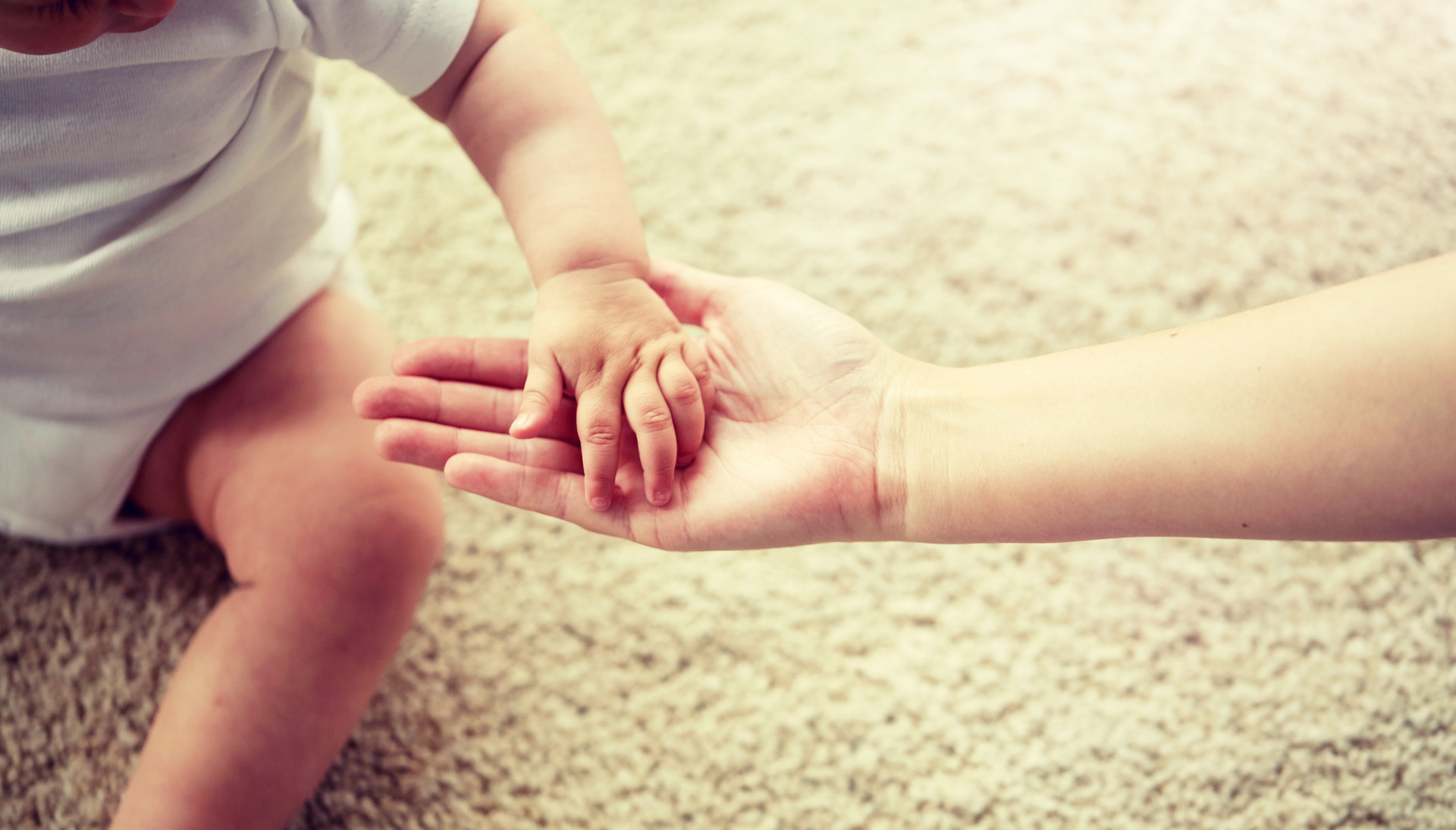Pregnant women are a special group of people who need to be extra careful during pregnancy. However, pregnant women are also the most common group of people with anemia. According to incomplete statistics, 50% of pregnant women have anemia, and 40% of pregnant women die due to anemia! But many expectant mothers don't take it seriously and think that resting more is enough to deal with anemia. It is important to know that anemia in pregnant women not only affects themselves but also affects the fetus! So what are the causes of anemia in pregnant women? What are the effects of anemia in pregnant women on the fetus? And what can be done about anemia in pregnant women? Today, we will discuss the effects of anemia in pregnant women on the fetus and solutions for anemia in pregnant women.
Causes of Anemia in Pregnant Women
1. After pregnancy, the demand for iron in pregnant women significantly increases. It is well known that iron is the basic element for the production of hemoglobin. Hemoglobin-containing red blood cells are responsible for delivering oxygen to other cells in our body. In other words, if there is a lack of iron, our body's hematopoietic function will be slower than normal. During pregnancy, the blood volume in the body of pregnant women increases by 30% to 45%. Therefore, pregnant women need to absorb more iron than the average person to synthesize hemoglobin for the additional blood volume.
2. A portion of the iron is also needed to meet the needs of the developing baby and placenta. After becoming pregnant, in addition to meeting their own body's iron needs, pregnant women also need a portion of iron to meet the needs of the developing baby and placenta. If pregnant women do not receive additional iron supplementation, anemia can easily occur.
3. It is also related to the condition of the pregnant woman herself. Most women do not have enough iron stored at the beginning of pregnancy to meet the increased iron demand of their body. If a pregnant woman has poor eating habits or chronic diseases such as excessive menstruation, stomach problems, and intestinal parasitic diseases, it is easy for her to have a lack of stomach acid, which affects the absorption of iron and leads to iron deficiency anemia.
Effects of Anemia in Pregnant Women on the Fetus
1. Mild anemia has little impact on pregnancy, but symptoms such as dizziness and fatigue usually occur. Some may also experience headaches, dizziness, tinnitus, drowsiness, palpitations, lack of concentration, memory loss, poor appetite, and discomfort in the abdomen.
2. Severe anemia can cause changes in the circulatory system and the most serious impact on the mother is heart failure. For the fetus, the direct consequence of anemia is a decrease in the ability of the mother's blood cells to carry oxygen, which leads to fetal hypoxia and can result in intrauterine fetal death, premature birth, and low birth weight. Due to inadequate iron reserves in the fetus, nutritional anemia occurs shortly after birth. Anemia can also affect the development of fetal brain cells, resulting in lower learning abilities in children. Newborns born to anemic mothers often have low iron reserves in their bodies, even if they have normal hemoglobin levels at birth, which can lead to anemia shortly after birth.
3. If anemia in pregnant women is not treated in a timely manner, the consequences can be severe. However, there is no need to worry too much, as anemia is mainly caused by iron and folic acid deficiency. Among them, iron deficiency is the most common. In addition to consuming iron-rich foods in the diet, pregnant women can also take commonly used iron supplements such as iron supplements tablets to effectively improve anemia. If you are planning to become a mother and want to have a healthy baby, it is important to pay attention to balanced nutrition, consume foods high in iron and protein, avoid being picky or having a poor appetite, and avoid drinking strong tea and coffee. Proper dietary adjustment and effective iron supplementation can prevent and improve iron deficiency anemia in pregnant women. We hope that every expectant mother has a healthy pregnancy.
What to Do About Anemia in Pregnant Women?
First, diversify your diet. Eat more fruits and vegetables rich in vitamin C, and regularly consume milk, carrots, and egg yolks. These foods can supplement vitamin A, which helps with iron absorption.
Second, eat more foods rich in iron. Animal liver is rich in minerals. Eat liver dishes like braised chicken liver and pork liver twice a week. Duck blood soup, egg yolks, lean meat, beans, spinach, amaranth, tomatoes, red dates, and other foods have high iron content and can be frequently consumed.
Third, consume high-protein foods during the middle and late stages of pregnancy. Foods such as milk, fish, eggs, lean meat, and beans have a good effect on treating anemia. However, it is important to balance meat and vegetables and ensure an adequate intake of vegetables and fruits to avoid overeating greasy food and damaging the stomach.
During pregnancy, it is best to consume iron-rich foods in the diet to ensure balanced nutrition. If dietary supplementation does not improve the condition and the pregnant woman's hemoglobin continues to decline, considering taking iron supplements or iron tablets is recommended. It is also important to avoid drinking strong tea and coffee during pregnancy to avoid inhibiting the absorption of iron.
After reading the above information about the causes of anemia in pregnant women, the effects of anemia in pregnant women on the fetus, and the solutions for anemia in pregnant women, have all the expectant fathers and mothers recognized the importance of understanding the effects of anemia in pregnant women on the fetus? We hope that the information provided by the author has been helpful to all expectant parents.











